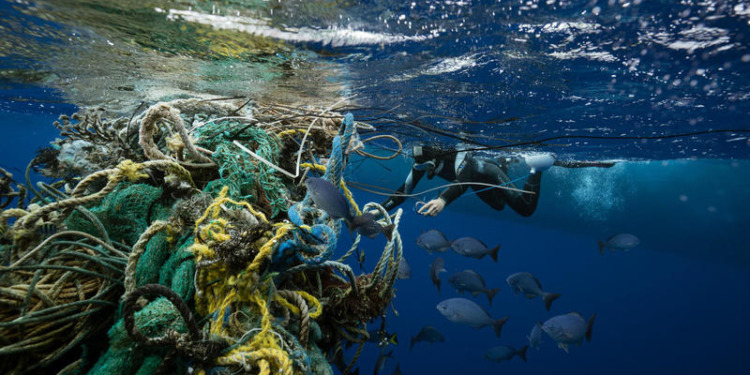The Caribbean Biodiversity Fund (CBF) has launched its first Call for Proposals under its Advancing Circular Economy (ACE) Facility. This initiative aims to award grants totaling 24.7 million USD to innovative projects that promote circular economy principles and tackle the critical issue of marine litter to reduce marine pollution and conserve biodiversity in the Caribbean region.
Recognizing that marine pollution is considered one of the major stressors to Caribbean ecosystems and bio-economy, the CBF looks forward to advancing sustainable solutions in the region to address these challenges via the ACE Facility established under its Nature-Based Economies Program.
The ACE Facility seeks to address this challenge by financially supporting projects that promote and apply practical circular economy principles to minimize and/or prevent waste from entering the marine environment and promote and apply practical circular economy principles to remove marine litter and consider processes after waste removal for proper disposal of waste, like recycling, reuse, refurbishing, etc.
The ACE Facility is funded by the KfW Development Bank (KfW) on behalf of the German Federal Ministry for Economic Cooperation and Development (BMZ).
Available grants range from US $400,000 up to US $2 million per project and can be implemented in two and a half or three years. Funding is available to Cuba, Dominica, Dominican Republic, Grenada, Haiti, Jamaica, Montserrat, Saint Lucia, and Saint Vincent and the Grenadines.
Eligible organizations from the Caribbean region include non-governmental organizations (NGOs), community-based organizations (CBOs), government agencies/public institutions, regional organizations, private sector small and medium-sized enterprises (SMEs), universities and other academic institutions, and consortia of the above organizations.
Related Articles: The Environmental Cost of Crypto | Are Cryptocurrencies A Sustainable Payment Solution? | The Sustainability of NFTs
“The ACE Facility represents a significant step forward in our mission to protect and preserve the Caribbean’s rich biodiversity,” said Karen McDonald Gayle, Chief Executive Officer at the Caribbean Biodiversity Fund. “By supporting innovative projects that implement circular economy principles, we are not only addressing the urgent issue of marine litter but also fostering sustainable development and economic growth in the region.”
The CBF encourages applicants to submit their Concept Notes using the online portal via the CBF’s website (caribbeanbiodiversityfund.org) on or before September 20, 2024. Applicants accepted during the concept note phase will be invited to prepare and submit Full Proposals for further consideration.
For more information about this First Call for Proposals or to learn more about eligibility, visit the CBF’s website.
Editor’s Note: The opinions expressed here by the authors are their own, not those of Impakter.com — In the Cover Photo: Tavish Campbell attaches a GPS tracker onto ghost fishing nets in the GPGP. The buoy will send the position of the nets as they travel around the gyre, increasing our understanding of currents and how trash accumulates in the gyre. Cover Photo Credit: © Justin Hofman / Greenpeace.










